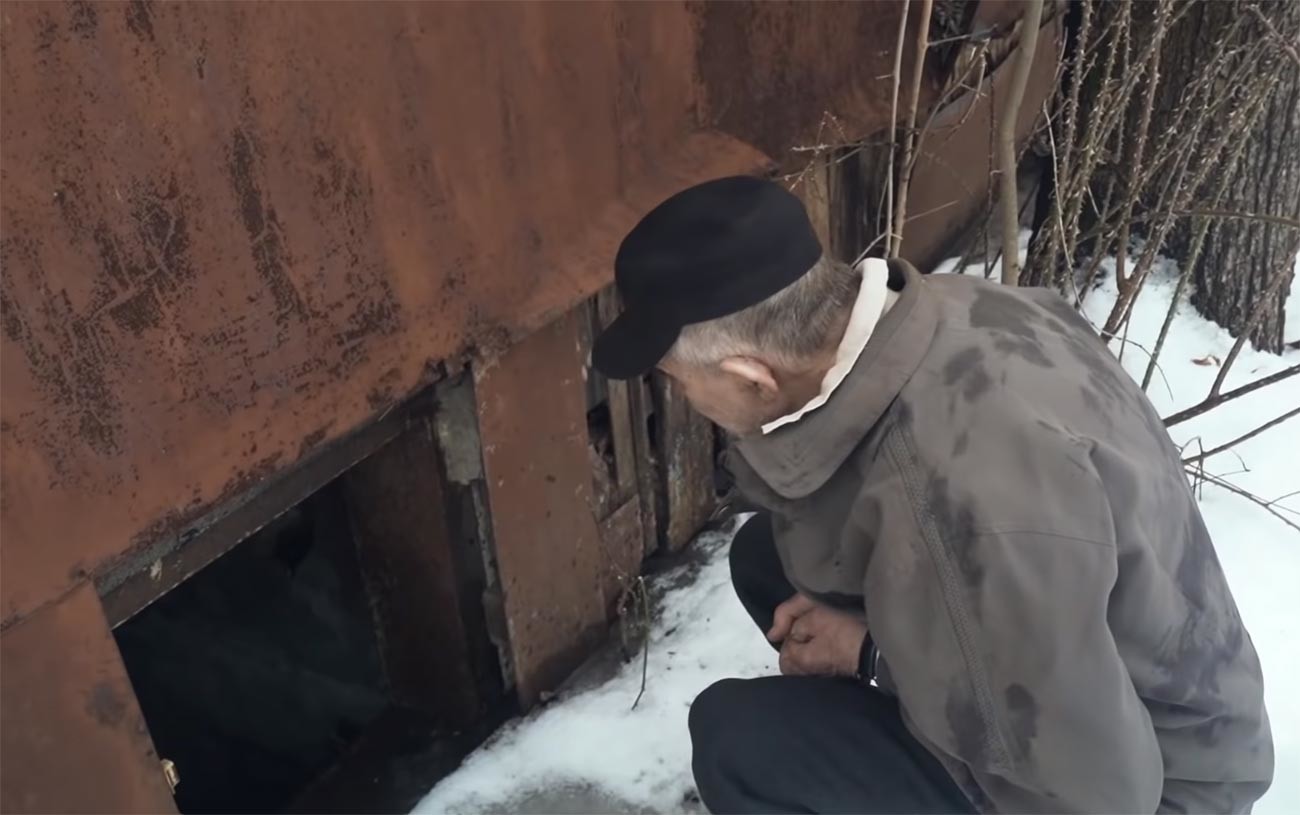Russians OUTRAGED after TV presenter interviews VIOLENT PSYCHOPATH

In late September 2000, in central Ryazan (220 km from Moscow), two women exited a disco - 14-year-old Ekaterina Martynova and 17-year-old Elena Samokhina. A car approached. Behind the wheel was a man in his 50s and with him, it seemed, was a younger man (it would later be discovered that it was, in fact, a woman with short hair). The girls were offered to have a drink and go for a nice drive. They sat in the car and for almost four years, no one heard anything of them.
The driver was 50-year-old Viktor Mokhov, who’d been building an underground bunker in the nearby city of Skopin for three years prior to that night. The bunker became Katya and Lena’s prison for the next three years and seven months. Having beaten them up, Mokhov’s accomplice, Elena Badukina, left and never came back. Mokhov then kept the girls imprisoned, sexually assaulting them more than 900 times. Every small misstep on their part resulted in them being denied water and food, or having the lights turned off, as well as having to breathe tear gas from a can. Lena was pregnant three times: two of the children were born in captivity. The third was stillborn after Lena was freed.
The girls were discovered in 2004: Katya managed to pass a note to a girl who was renting a room in Mokhov’s home. The ‘Skopin Maniac’, the name the media gave him, was arrested and sentenced to 16 years and 10 months in prison. In March, 2021, he was released and went straight from the colony onto a TV show.
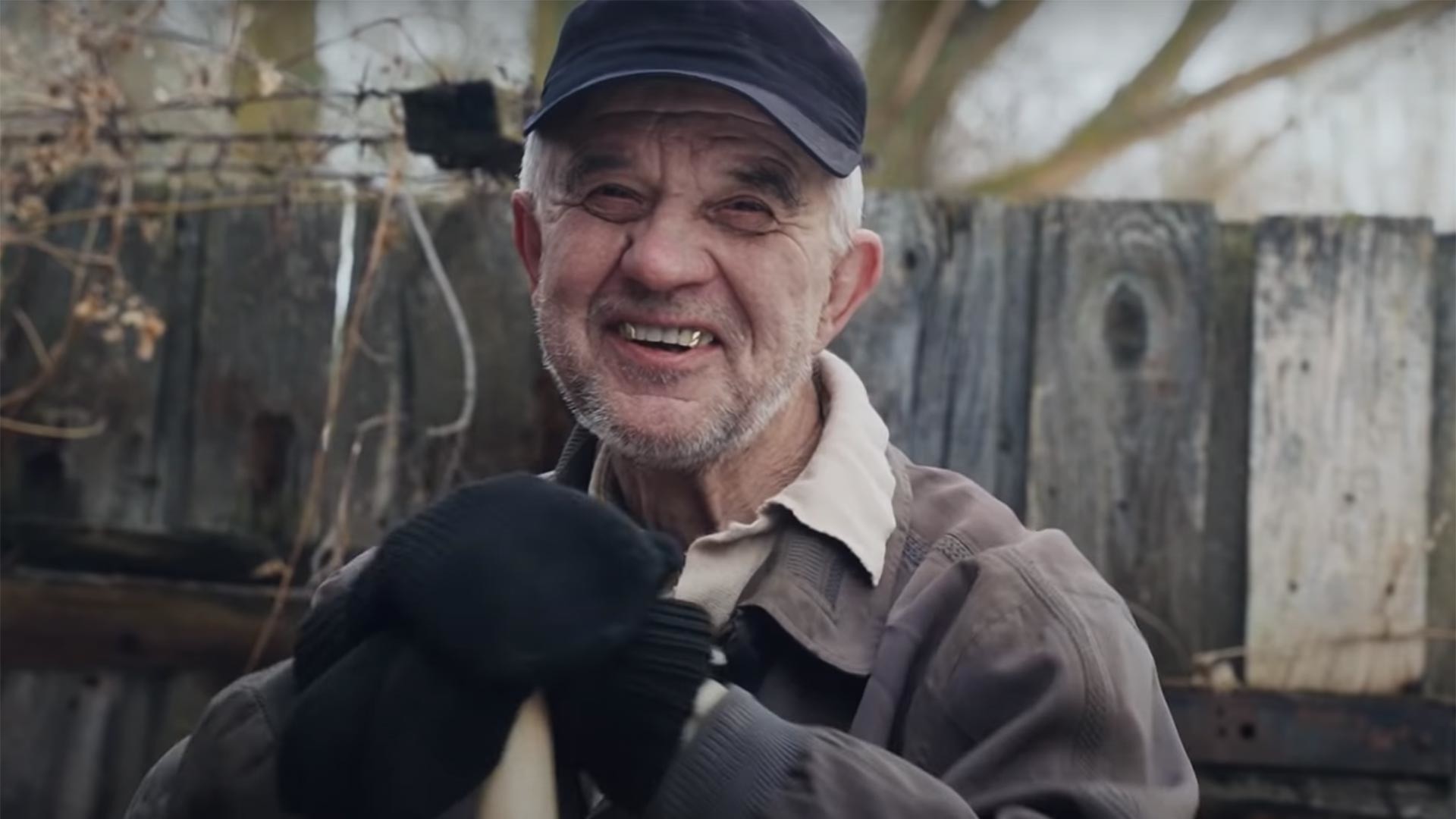
Viktor Mokhov
Ksenia Sobchak / youtube.comOn March 22, TV host and former presidential candidate Ksenia Sobchak published the interview, roughly translated as ‘A Conversation After Release’, on her YouTube channel. The interview with Mokhov garnered three million views in just two days and has split Russian society along ethical lines, attracting the attention of investigative authorities in the process.
The ‘Skopin Maniac’ says he’d like to ‘help’ one of his victims get pregnant again
At the start of the interview, Mokhov confessed that he gets a kick out of all the press and attention he’s received after release. “I paid my dues, of course. What am I going to do - suffer the rest of my days? The girls are doing fine, I’m glad about that,” he says. When asked if he considered himself a good person, Mokhov, now almost 70, responds with, “Well, I’ve had a bit of a misstep, but don’t we all sometimes?”
For her feature, Sobchak also talked with Ekaterina Martynova - one of the two victims, now a detective with the Ryazan police department, as well as an independent expert and FSB psychological profiler, who gave her assessment of Mokhov’s responses. Curiously, Sobchak’s feature doesn’t go into much detail at all about how the actual investigation was being carried out, although much attention is being paid to details regarding rape and Mokhov’s sexual life in general - how he selected his victims, coerced them into sex, what positions he preferred, the kind of porn he watches and what his first sexual experience was like.
Mokhov delivers his responses in an upbeat tone, saying he’d be very excited to see the girls he’d been torturing and raping to ask for forgiveness, as well as find the two children Elena gave birth to as a result: “I didn’t find myself in the best of situations. I couldn’t kill them and was too scared to set them free. So I became a hostage myself. They suffered and so did I.”
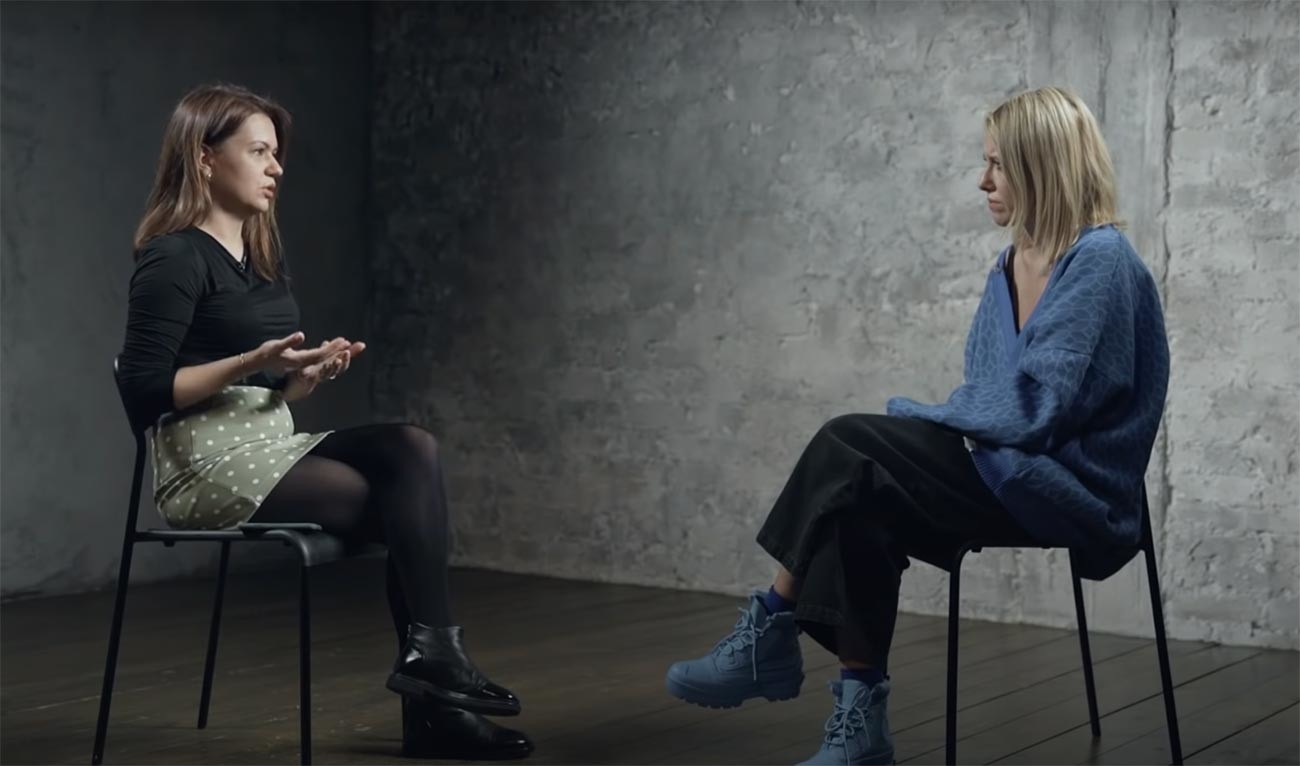
Ekaterina Martynova and Ksenia Sobchak
At some point, he claims that he’s ready to help Lena get pregnant again: “She gave birth to a child of mine and stopped having babies. So, I don’t know... I should get busy with her again.”
‘You can’t turn psychos into TV stars’
A lot of shows in Russia dealing with psychopaths manage to see the light of day in Russia. However, this time, audiences on social media reacted to this type of open discussion with acute rejection.
“Ksenia Sobchak has produced an absolutely unethical, horrific film about the Skopin Maniac with him in the lead role… I have a request for all my friends and subscribers - let’s NOT WATCH this film, let’s not give it views. Instead, we can file a complaint against said film, so that YouTube blocks it,” Blogger Darya Chaban writes.
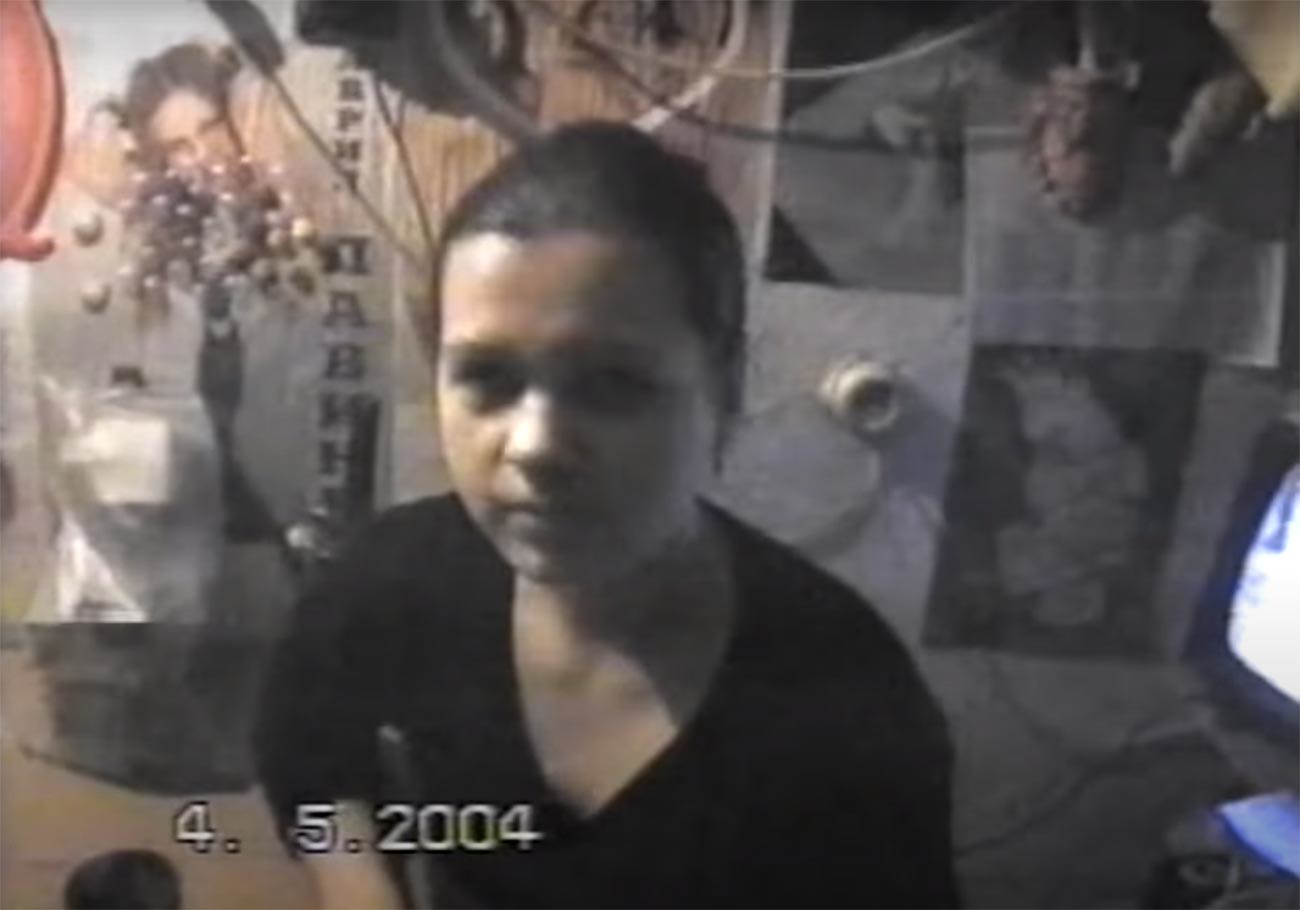
The co-founder of the mutual assistance network ‘ТыНеОдна’ (“You Are Not Alone”) Alena Popova said that “you can’t make TV stars out of psychos, they should not be given a platform and access to media resources - this leads to the humanization of the criminal and his justification. [Only write] through the prism of the investigation, the victims and experts.”
Many were shocked not only by the words of the “absolutely remorseless” Mokhov, but the buzz around the rapist: “Went to prison as a psycho and exited a media personality. What the f*ck is happening?”
Отличный мерч. Его пока ещё нет, но о нем уже заговорили. Спасибо @xenia_sobchak#скопинскийманьякpic.twitter.com/5ixVHUpkpH
— BlaBot (@vwebru) March 24, 2021
“Great merch. It’s not out yet, but we’re already talking about it. Thanks @xenia_sobchak”
The TV presenter was also criticized for integrating ads into the feature. “It’s not like Ksenia Sobchak is sitting idly. She has a sad face. A nice hairstyle. She’s got questions like ‘Could you tell us, please, if one of the prisoners giving birth to two of the psychopath’s children - which he then took away - had an effect on her?’ And she’s also got commercials. She might have held back just this once (or held back from making such a film in the first place), but it’s there. They’re advertising COVID tests. Quick, convenient and no imprisonment (no quarantine, that is),” writes movie critic Zinaida Pronchenko.
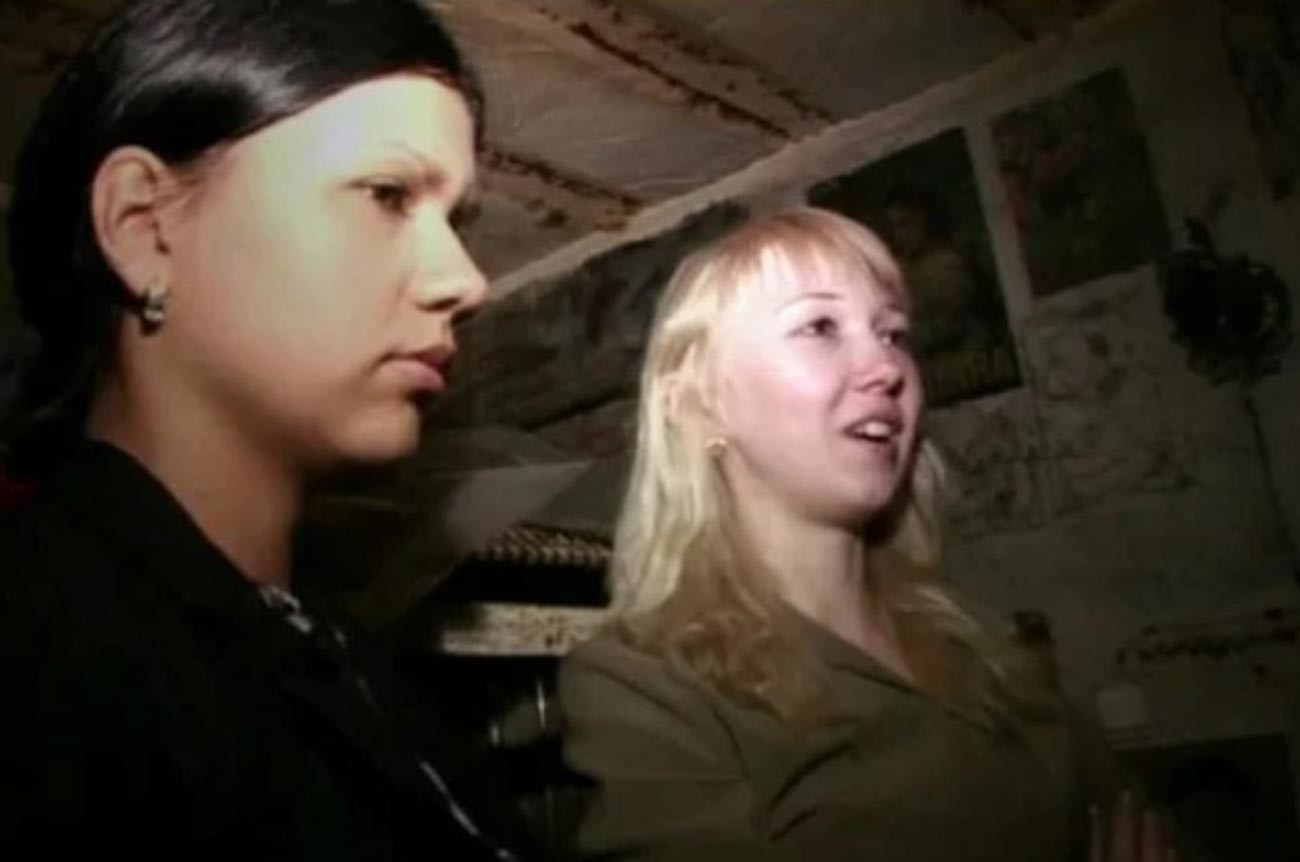
Immediately after release, the film was attacked by calls to legally ban people who have committed violent crimes from becoming television stars. Meanwhile, the Investigative Committee will investigate Mokhov’s statement about “helping to conceive” on whether it is an actual threat.

He contacted her on social media - and that’s a problem
Sobchak, for her part, does not believe that she crossed the line. Even before the feature’s release, she wrote on her Instagram that “it is our right as journalists to explore the boundaries of good and evil. You cannot understand the nature of evil if you don’t cross over into its territory”.
Many human rights defenders share the opinion that a ban is the wrong decision. “Given the unequivocal attitude toward Mokhov, the issue here is really one of freedom of speech and it’s not a simple one. It all depends on how the words of the Skopin Maniac are packaged as a result,” says Galina Arkhipova, director of the Center for the Protection of Media Rights. To display through journalistic work (if not in a talk show format) the danger that such people pose is a good idea, she believes.
Instead of an outright ban, the state would do well to develop a system for the protection of victims of violence, director of the “Насилию.нет” (“No to Violence”) center Dr. Anna Rivina is convinced. At present, Russia lacks mechanisms such as a simple restraining order or an order to cease communication with the victim, including on social networks.
There is a system of supervision by the police in place, which compels Mokhov to remain at his registered address. Failure to comply with it will result in legal penalties. However, if the victims reside on the same territory, the only remaining course of action is for them to move homes. Immediately upon the film’s release, Mokhov “friended” his former victim on social media and, according to her, was even contacting her from the penal colony where he served his sentence, using an alias.
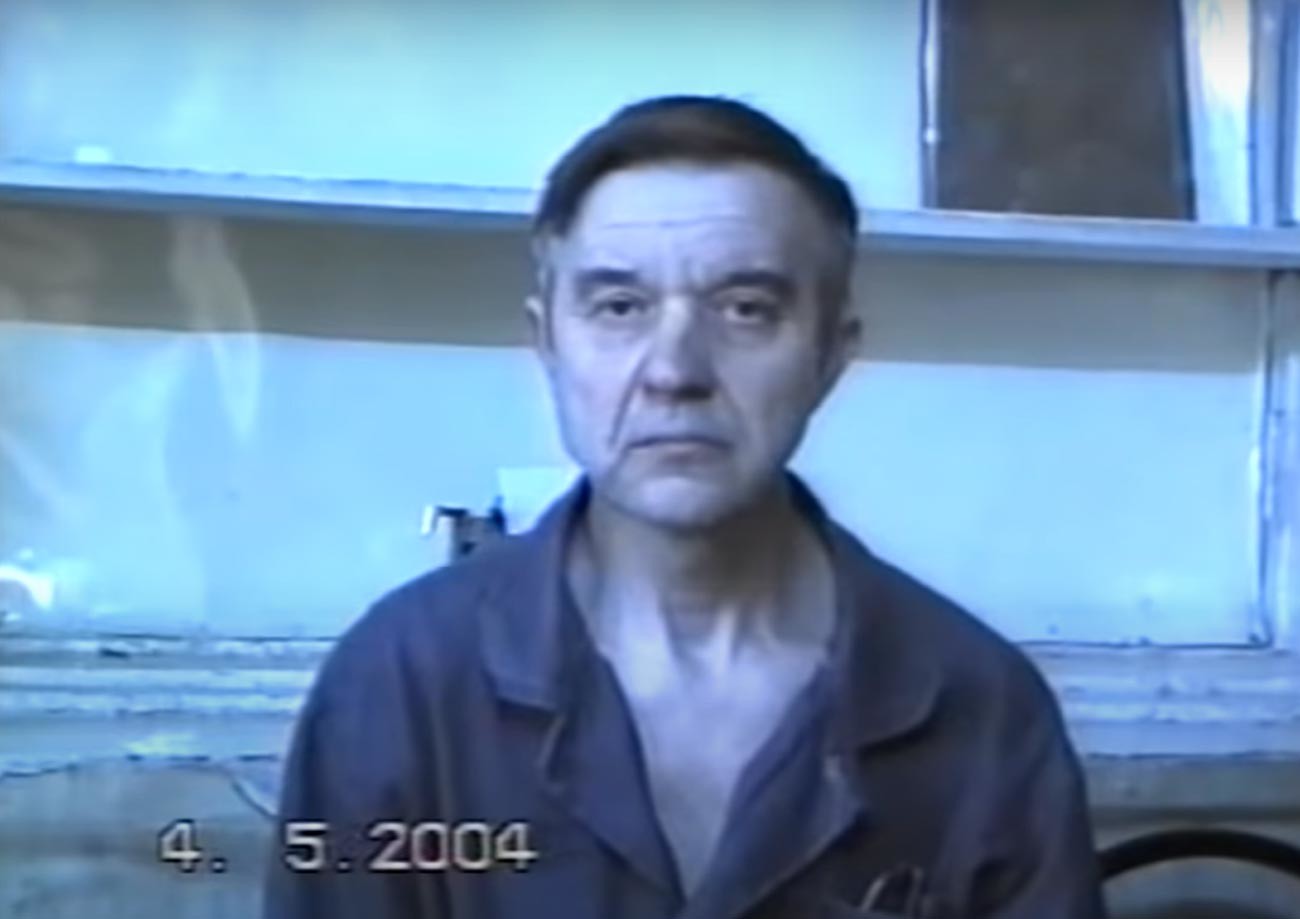
These problems would not have arisen, had the Russian legal system been organized a different way, Rivina believes: “The American system shows us that a person can have 200 life sentences, and you think to yourself, ‘What stupidity, one would have been enough.’ But the case with Katya contains over 900 rapes, which are somehow classified as one. If the summing logic were in place, we would never see this man set free.”
If using any of Russia Beyond's content, partly or in full, always provide an active hyperlink to the original material.
Subscribe
to our newsletter!
Get the week's best stories straight to your inbox
